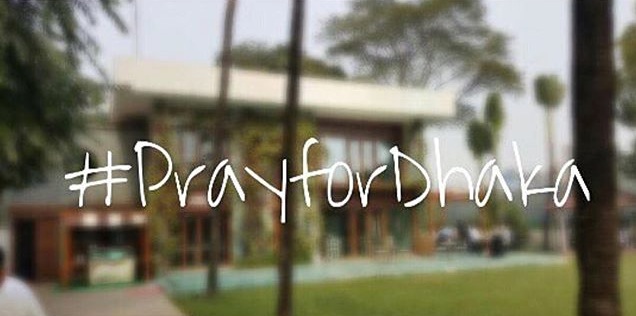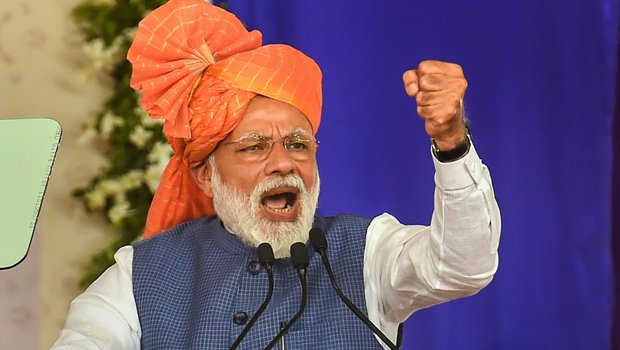Translator’s note: Young Bangladeshi Buddhist monk Pragyananda Bhikkhu, of Ramu Shima Bihar, wrote “Ramu Shohingshota: Fanoosh kono balloon noy”, which was published in Dainik Cox’s Bazar, November 4, 2012 in light of the controversy created over setting afloatfanooshes as part of the celebration of Prabarana Purnima, the second largest Buddhist religious festival; to be noted, this year’s date coincided with the monthly anniversary of the communal attacks of September 29, 2012, which destroyed innumerable Buddhist monasteries, temples and homes, allegedly caused by an offensive photograph discovered in the facebook account of Uttam Kumar Barua, a Bengali Buddhist youth, several hours before the attacks occurred. According to press reports, the attacks were visibly incited by local leaders and members of the ruling Awami League (AL), the opposition Bangladesh Nationalist Party (BNP) and the Jamaat-e-Islami; the attackers included those belonging to these political parties, and also, other Muslims, both local inhabitants and outsiders. News reports have highlighted the “inaction” of police officials and the local-level administration. Both ruling AL and the opposition BNP agree that these attacks were “planned” and pre-meditated.
The fanoosh controversy, as Pragyananda clearly explains, was the result of administrative interference in religious ceremonies and rituals; the Buddhists of Ramu had decided not to observe their rites of virtue this year as they were “heartbroken” and grieving over their losses. Continue reading “Ramu violence: A fanoosh is not a balloon”




































